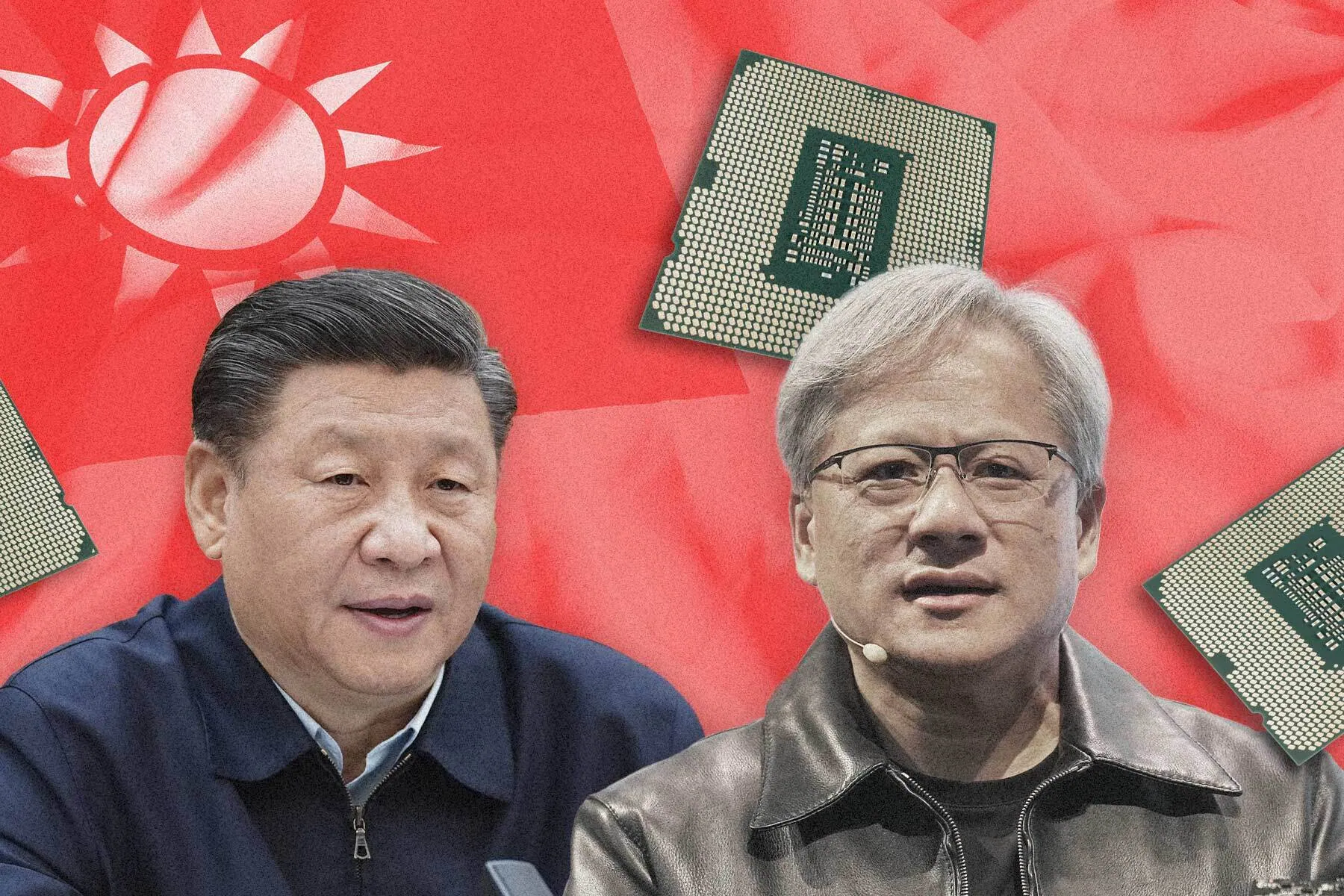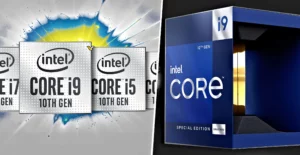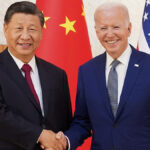Introduction
In the face of escalating geopolitical tensions and stringent US export controls, Nvidia, the Silicon Valley titan, is set to achieve a remarkable milestone. The company is projected to secure $12 billion (€11.1 billion) in artificial intelligence (AI) chip sales in China this year.
This impressive feat not only highlights Nvidia’s strategic ingenuity but also underscores the critical interplay between technological advancement and international politics.
Background
Nvidia, co-founded by Jensen Huang in 1993, has established itself as a leader in the semiconductor and AI industries. Known for its powerful graphics processing units (GPUs), Nvidia has been at the forefront of the AI revolution, providing essential hardware for machine learning, data centers, and high-performance computing.
Nvidia faces strict US export controls but maintains a strong presence in China. US restrictions aim to prevent China’s military use of advanced AI technology.
Nvidia’s H200 chip complies with US regulations while meeting Chinese market demands. Byte Dance, Tencent, and Alibaba rely on Nvidia for AI and cloud computing needs.
Analysts project Nvidia to ship over one million H20 chips to China soon. Each H20 chip’s price range of $12,000 to $13,000 could yield over $12 billion in sales.
This revenue surpasses Nvidia’s $10.3 billion from all China operations in fiscal 2024.
Here are some additional details about Nvidia’s AI chip sales to China in 2024:
US export controls: These restrictions limit the sale of Nvidia’s most advanced AI chips to China, as they are considered to have military applications.
H20 chip: This is a new generation AI chip designed by Nvidia specifically to meet US export regulations. It offers a balance between complying with restrictions and remaining powerful enough to be attractive to the Chinese market.
Sales volume: Estimates suggest Nvidia will deliver over 1 million H20 chips to China this year. Each chip costs around $12,000-$13,000, contributing significantly to the projected $12 billion in sales.
Comparison: This is nearly double the volume expected for Huawei’s competing Ascend 910B chip.
Impact on Nvidia: This success in China could potentially offset some of the limitations imposed by US export controls and contribute to Nvidia exceeding its previous year’s China revenue of $10.3 billion (as of January 2024).
Why is it Important?
Nvidia’s strategic maneuver to develop and market the H20 chip has significant implications for the global semiconductor industry and international relations. Firstly, it demonstrates how companies can innovate within regulatory constraints to sustain their market presence. Nvidia’s approach serves as a model for other tech firms navigating similar challenges in geopolitically sensitive markets.
Secondly, the situation highlights the ongoing technological arms race between the US and China. The US government’s export controls aim to limit China’s access to advanced technology, thereby curbing its potential military applications. However, Nvidia’s success with the H20 chip indicates that China can still acquire high-performance AI technology, albeit with certain limitations.
Moreover, the competition between Nvidia and Huawei in the AI chip market underscores the broader struggle for technological supremacy. While Huawei’s Ascend 910B chip competes with Nvidia’s H20, production challenges and reliance on Nvidia’s established ecosystem give Nvidia an edge. This dynamic illustrates the complexities of decoupling global supply chains and the interdependence of technological ecosystems.
The H20 Chip: A Strategic Innovation
Central to Nvidia’s continued success in China is the H20 chip. This new AI processor is specifically designed to comply with US export restrictions while still providing substantial AI performance. The H20 chip allows Nvidia to maintain its market presence in China by offering a product that meets regulatory requirements without sacrificing too much in terms of capability.
Navigating Regulatory Hurdles
Nvidia’s ability to maintain a significant presence in China, even with reduced performance chips, highlights the company’s resilience and strategic agility. The export controls have undoubtedly impacted Nvidia’s business, with the company’s CEO, Jensen Huang, acknowledging the competitive challenges in China during a recent earnings call. Nevertheless, Nvidia continues to adapt, developing products that meet regulatory requirements while still offering competitive performance.
The H20 chip, although less powerful on paper compared to Nvidia’s top-tier offerings like the A100 and H100, remains highly competitive in the market. According to Morgan Stanley and SemiAnalysis, the H20 is gaining traction in China, driven by its superior memory performance and the established Nvidia software ecosystem that many Chinese AI companies rely on.
Market Dynamics and Competitive Landscape
The restrictions on high-performance AI chips have created a challenging environment for Chinese tech giants such as ByteDance, Tencent, and Alibaba. These companies face increased difficulty in competing with US-based firms like OpenAI, Microsoft, Meta, and Google, which continue to push the boundaries of AI technology. Nvidia’s ability to supply AI chips, even with performance constraints, provides a critical lifeline for these Chinese companies.
Huawei, Nvidia’s primary competitor in the Chinese AI chip market, is expected to sell approximately 550,000 Ascend 910B chips. However, production challenges and the complexity of manufacturing these processors have hindered Huawei’s ability to meet demand. In contrast, Nvidia’s established manufacturing capabilities and supply chain efficiency enable it to deliver the H20 chip in significant volumes.
Strategic Implications and Future Outlook
Nvidia’s H20 chip marks a strategic pivot, navigating US export controls while maintaining market presence.
Revenue from China, including Hong Kong, surged over 50% year-on-year to $2.5 billion in the latest quarter.
Innovation and adaptation to regulatory changes are pivotal for Nvidia’s continued success.
Balancing compliance with competitive performance is crucial in navigating geopolitical challenges.
Nvidia’s strategy in China sets a model for tech firms facing complex international dynamics.
Follow us on Twitter here
Conclusion
Nvidia’s H20 chip complies with US export controls, ensuring a robust market presence in China.
It supports growth for Chinese tech firms amid global competition.
Geopolitical tensions and regulatory changes drive Nvidia’s adaptability and innovation.
These efforts are crucial for sustained success in China and beyond.
Nvidia’s strategy sets a precedent in navigating complex international dynamics.
It showcases the semiconductor industry’s ability to thrive under regulatory challenges.








